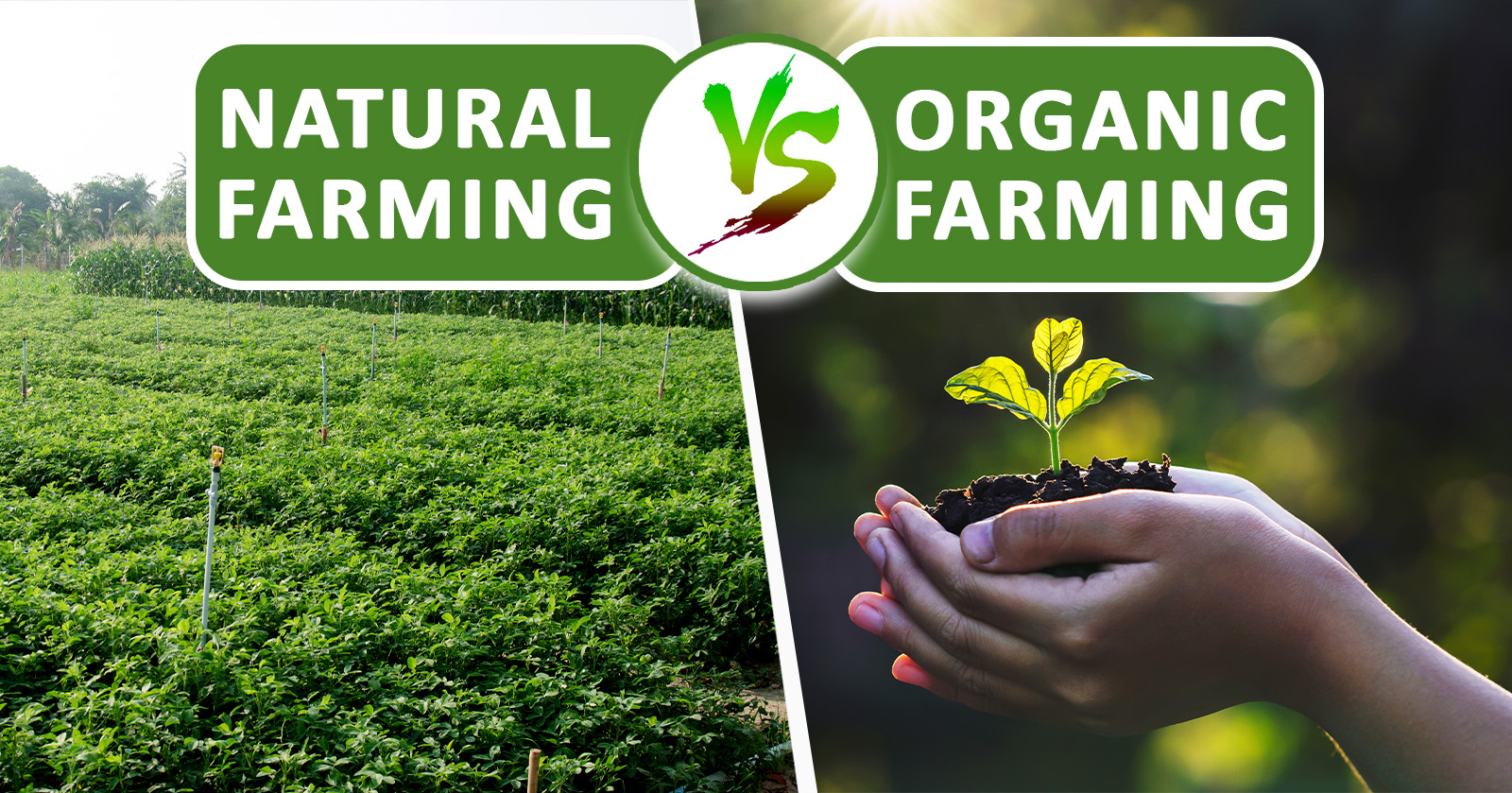
The rolling hills near the ancient Ajanta caves have witnessed many transformations throughout history. Today, these fertile lands are experiencing yet another revolution - one that promises to reshape agriculture for generations to come. At विषमुक्तशेती, we're not just growing crops; we're cultivating a sustainable future.
The Journey Begins
Ten years ago, when we first started talking to farmers in this region about natural farming, skepticism was the common response. After decades of chemical-dependent agriculture, the idea of returning to traditional, natural methods seemed almost impossible. But what we discovered was that the wisdom of our ancestors, combined with modern understanding of soil biology and plant nutrition, could create something extraordinary.
"Natural farming isn't about going backward; it's about moving forward with ancient wisdom as our guide. We're not just feeding plants - we're nurturing the entire ecosystem." - Mauli Kapse, Lead Farmer
Understanding Natural Farming
Natural farming is based on the principle that healthy soil creates healthy plants, which in turn produce nutritious food. Unlike organic farming that still relies on external inputs (albeit natural ones), natural farming focuses on building soil fertility through indigenous microorganisms and maintaining ecological balance.
The key principles we follow include:
- No-till farming: Preserving soil structure and microbial communities
- Cover cropping: Protecting and enriching the soil naturally
- Companion planting: Creating beneficial plant relationships
- Indigenous microorganisms: Harnessing nature's own fertilizers
- Water conservation: Efficient use of our precious water resources
The Ajanta Advantage
The region around Ajanta has unique advantages that make it perfect for natural farming. The black cotton soil, known locally as "regur," is rich in minerals and has excellent water retention properties. The climate, with its distinct wet and dry seasons, creates ideal conditions for diverse crop rotation.
Our network of farmers has been working with these natural advantages rather than against them. By understanding the local ecosystem - from the beneficial insects to the native plants that grow wild in the area - we've been able to create farming systems that are both productive and sustainable.
Real Results from Real Farmers
The numbers speak for themselves. Over the past three years, our partner farmers have seen:
- 30% reduction in input costs
- 25% increase in crop yields after the transition period
- 40% improvement in soil organic matter
- 50% reduction in water usage through improved soil health
- Significant increase in biodiversity on their farms
But perhaps more importantly, the farmers themselves report feeling healthier and more connected to their land. The absence of chemical sprays means they can work in their fields without protective equipment, and their families can safely play in areas where food is grown.
